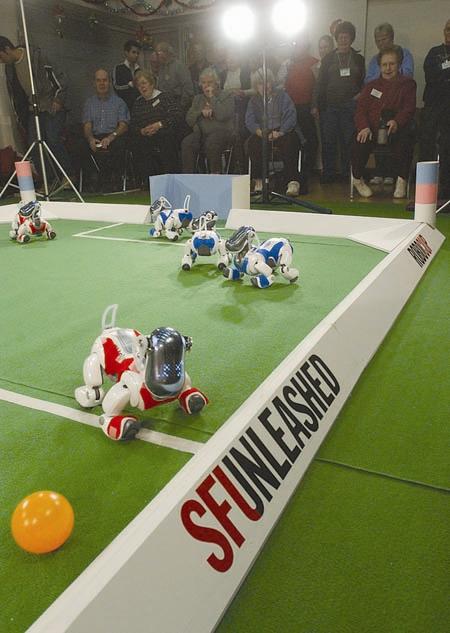It is necessary to highlight that, as with all other computer systems and emerging technologies, Multi-Agent Systems may prove to be advantageous,but they also have their drawbacks. This page looks at a situation where careful thought needs to be given to the way Multi-Agent Systems work, in order to achieve tasks in the desired way, outlining the factors that make these systems complex and difficult to manipulate, namely Multi-Agent Systems as Distributed Concurrent Systems, and a common method of analysis of Multi-Agent Systems: Analysis of Multi-Agent Systems using the game theory. Furthermore, problems can also be encountered when developing the agents for a particular Multi-Agent System (Pitfalls in Agent Development).
Multi-Agent Systems have always been modelled as distributed systems that run concurrently. Thus, one would think it is vital for us to consider issues such as mutual exclusion over shared resources and deadlocks when implementing the system. However, there are two major issues that are overlooked and require an in-depth analysis to reflect the contrasting differences between distributed systems and Multi-Agent Systems.
So we can say that although multi-agent systems tend to resemble concurrent systems in operations, we need to take into account that they are very contrasting in nature and cannot be treated in the same way always.

Since the beginning, scientists have always dealt with the computation in computer science using a similar approach to game techniques. To this date, the game theory has always been modelled as a powerful tool for analysis of Multi-Agent Systems. However, a closer insight into the nature of the game theory highlights two main issues that make the game theory impractical for application in Multi-Agent Systems.
In conclusion, it can be observed that Multi-agent Systems tend to pose a number of problems that will hinder manipulation and dealing of the environment in which they operate. They cannot be modelled as distributed concurrent systems and neither can they be analysed using game theories that computer scientists have derived.
Another thing we should take into account is the ability of these systems to plan. Multi-agent systems haven't made planning any simpler though. It is already hard for a single agent to determine the series of actions it has to carry out, so additional agents just make things worse: it increases the risk of changes that weren't expected by the planning system, so lots of replanning is needed. Hence, interdependence between actions increases, therefore making it more difficult to obtain a suitable order for the application of operations. Nevertheless, having a set of agents can be beneficial for the execution of actions, because parallel plans no longer need to be linearised. Synchronisation problems can therefore have a natural solution.
Overall, the problems outlined shouldn't discourage us from using Multi-Agent Systems, because there are applications to which they are best suited, and therefore they could prove to be very beneficial in such cases.